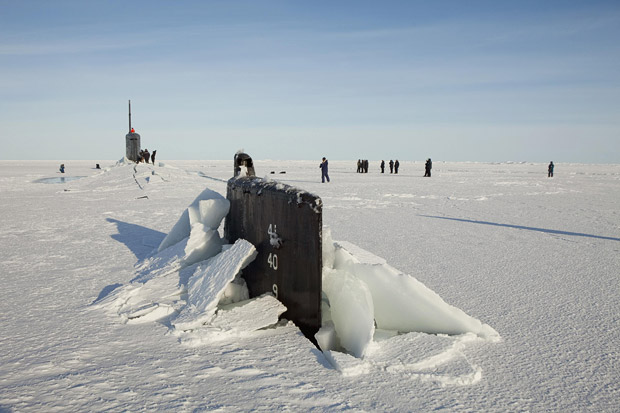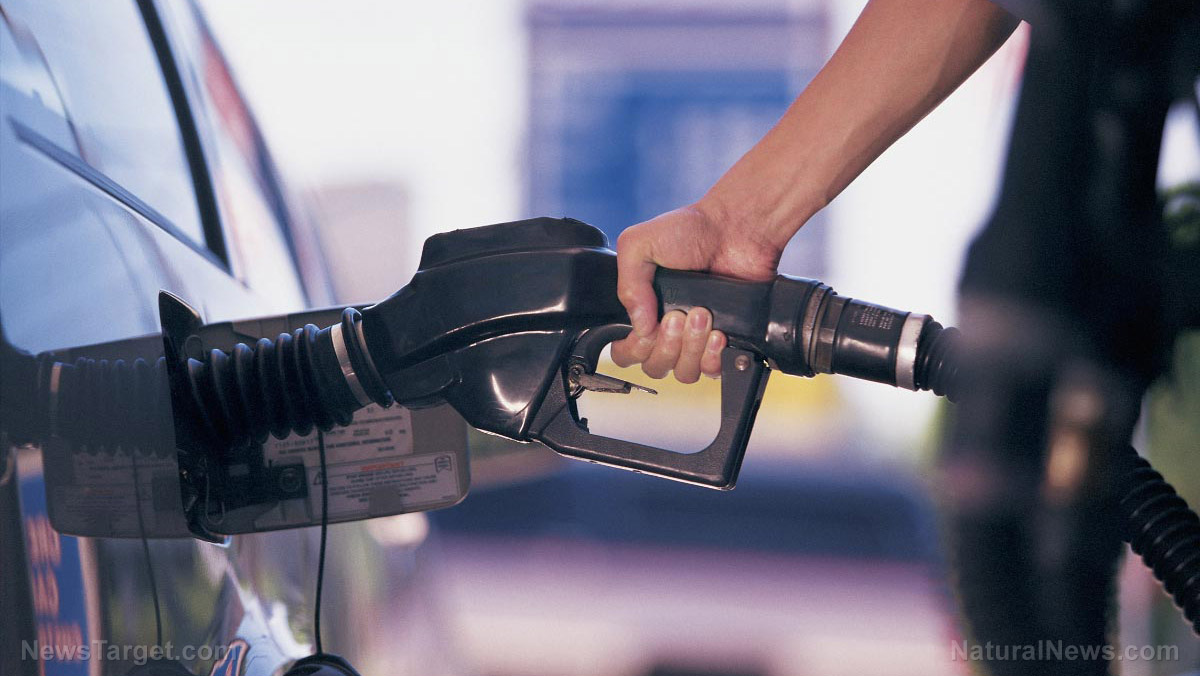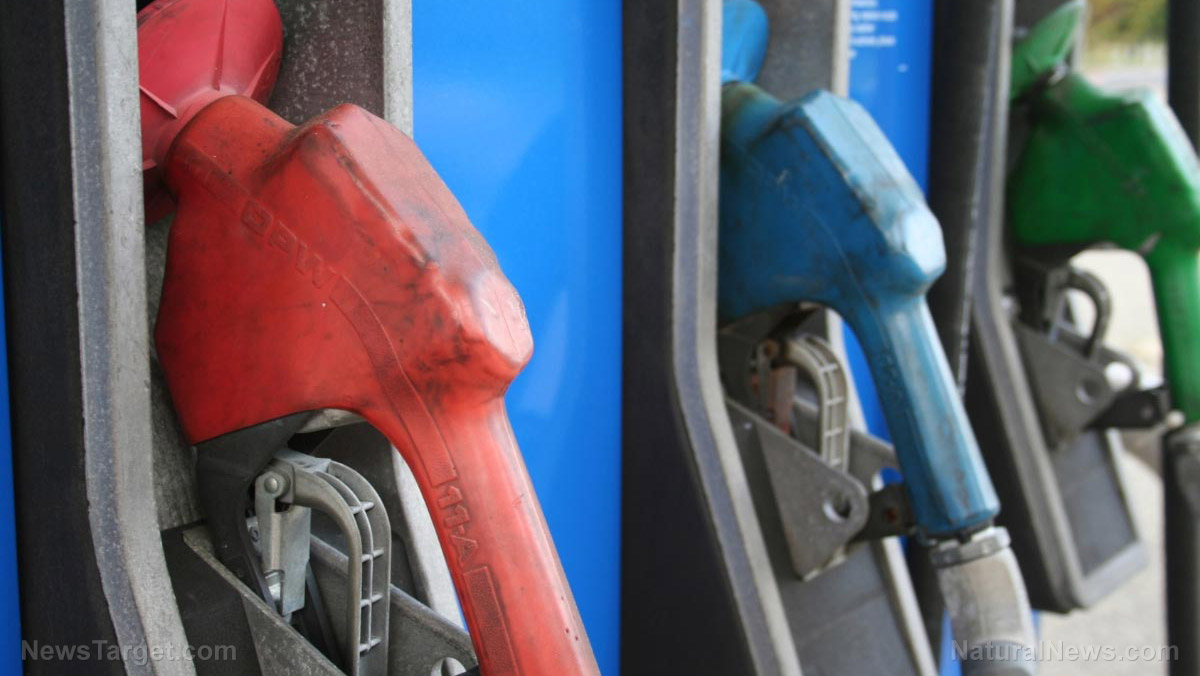 Parler
Parler Gab
Gab
Fertilizer shortages affecting global food supplies
Dr. Manish Raizada, a professor in the Department of Plant Agriculture at the University of Guelph's Ontario Agricultural College, said farmers are buying fertilizer now to gain temporary subsidies. These subsidies will allow the poorest farmers to afford applying fertilizer at the beginning of the growing season. He also noted that as fertilizer prices increase, farmers produce less, which can affect not only the supply of food, but their livelihoods as well. For Canadian and American corn farmers, the average profit margin is at one cent per cob, and an increase in farming inputs reduces their margin further. Brazil, which is the biggest soybean producer in the world, saw a 20 percent cut in potash, which could cause a 14 percent drop in yields. A coffee cooperative representing 1,200 small producers in Costa Rica, sees its output falling as much as 15 percent by 2023 if the farmers miss even one-third of the normal fertilizer application. In West Africa, falling fertilizer use will lessen this year's rice and corn harvest by a third. While farmers will grow enough to feed themselves, they may not be able to feed the cities. Adding the increased hunger across West Africa on top of their other existing risks could spell danger for many governments in the region. For people who don't work in agriculture, the global shortage of fertilizer will seem like a distant problem, but this will not be the case. In its least disruptive scenario, soaring prices for synthetic nutrients will result in lower crop yields and higher grocery store prices, affecting everything from milk to beef to packaged goods.Rise of natural gas prices affected food supply issues
Prices for heavily traded raw materials started rising in 2021 due to a myriad of factors, including Hurricane Ida in the U.S., the upsurge in demand after the pandemic, supply chain issues and even rising natural gas prices before the Russia-Ukraine war happened. (Related: Americans face brutally cold, bitterly expensive winter as natural gas prices continue to rise.) Production of nitrogen, which is the most common nutrient applied as fertilizer for crops such as corn, rice and wheat, requires high heat from the burning of natural gas and oil. When oil and gas prices increase, nitrogen fertilizer prices increase as well. Russia, which is the fourth-largest producer of nitrogen fertilizer may have negatively affected the supply because of its invasion of Ukraine and the Western sanctions that followed. The cost of transportation for the fertilizers also became a contributing factor to the further increase in prices. Ukraine, on the other hand, is one of the world's largest wheat producers and exporters. Because only a fraction of global wheat is exported, according to Raizada, this means that any disruptions can have a dramatic effect on its commodity prices. This is why it is critical in the coming months for governments around the world to subsidize the price of fertilizers. Raizada said temporary subsidies on nitrogen fertilizers are necessary to ensure income for farmer households and global food security. Follow FertilizerWatch.com for more news about the lack of affordable fertilizer and how this can affect global food supplies. Watch the video below to know more about increases in food prices and the looming food shortages. This video is from the Mike Martins channel on Brighteon.com.More related stories:
Floods delay plantings in Northern Plains, could trigger food shortage.
World Alternative Media: Global food shortage is part of Great Reset agenda.
Record gas prices are pushing up everyday costs, could lead to recession.
Russia-Ukraine war will further worsen global food shortage as poor nations face starvation, unrest.
Sources include: Axios.com News.UoGuelph.ca BusinessMirror.com.ph Brighteon.comUS military revamping to fight Russia — and maybe China — in the Arctic
By JD Heyes // Share
Nearly two-thirds of Americans are now living paycheck to paycheck amid inflation crisis
By Arsenio Toledo // Share
US sets new record for gasoline prices as average national price nears $5 per gallon
By Arsenio Toledo // Share
Widespread diesel shortages to affect everything in America and around the world
By Kevin Hughes // Share
By News Editors // Share
CORRECTION! A real-life example of a gross loss in purchasing power
By News Editors // Share





